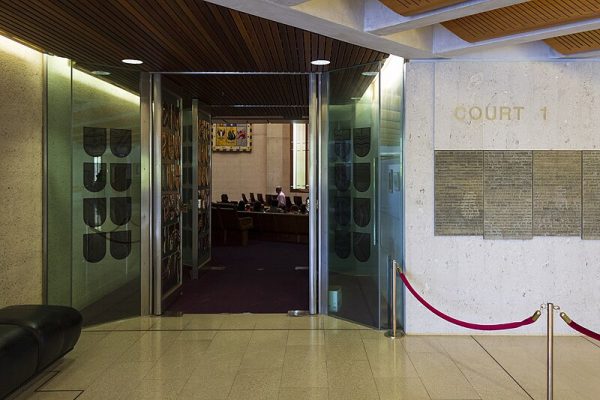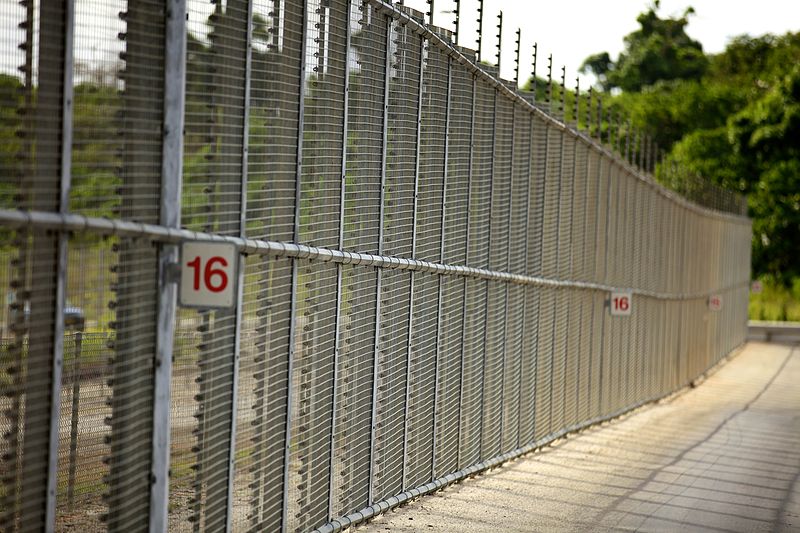The landmark decision overturns the case of Al-Kateb, which had authorised indefinite detention of immigrants without a valid visa, even in circumstances where deporting the individual is impossible.
This includes people who have fled violence and persecution and cannot be returned to their countries of origin under international law.
The court’s decision could trigger the immediate release of 92 people, with the detention of 340 others now in question.
The ruling necessitates immediate change for the management of Australia’s detention centres.
Currently, a person is held in immigration detention for an average of 708 days, and 124 people in Australia’s detention centres have been detained for over five years.
A refugee speaking anonymously to the Asylum Seeker Resource Centre (ASRC) spoke about his experience in closed detention for more than seven years.
“Being in indefinite detention is a trauma I cannot forget,” said the former detainee.
“It is something terrible for any human to experience.
“In the middle of the night, I still wake up from nightmares, and I find it hard to go outside because I feel anxious and depressed. I saw a lot of people in detention self-harm because they lost hope.
“Detention isolated me from my family and permanently impacted my relationships with my loved ones.
“Being in detention for so long has institutionalised me, and makes it hard to live in the community again. But I am surviving every day and grateful for freedom.”

Coalition home affairs spokesperson James Patterson criticised the government for the swift release of detainees, claiming that they were “unprepared” for the case.
“Yesterday the government assured the Senate they would not be releasing any other detainees before the court published its reasoning,” said Patterson.
“The fact they are doing so less than 24 hours later shows how unprepared they were for this case.
“Sadly the Australian people cannot rely on their assurances about community safety if they are not even across fundamental legal questions like this.”
However, the United Nations High Commissioner for Refugees welcomed the High Court ruling.
With Wednesday’s decision, they said Australia start to align its detention program with international law.
“UNHCR has expressed grave concerns over the last decades about arbitrary and indefinite detention in Australia. Only this week, we have visited detention centres and observed the dire effects that detention can have on refugees and stateless persons, some of whom have been detained in excess of 10 years,” said the UNHCR.
“Regardless of whether someone has committed a crime in the past and for which they have served their sentence, the High Court has now made clear that immigration detention must not be punitive.”






